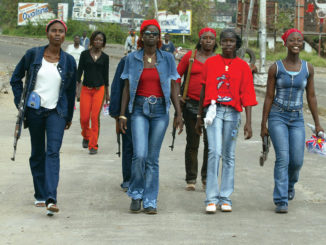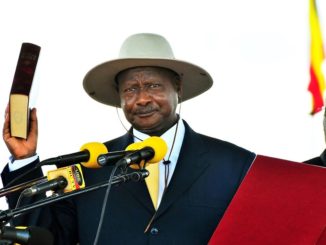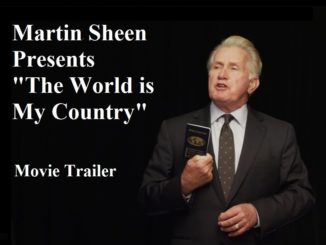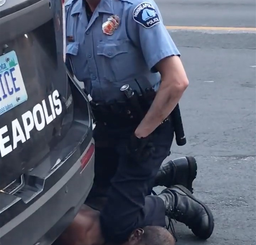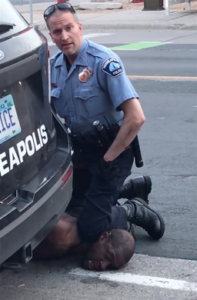
Moving on, Reflecting Back—Charlotte Dennett’s Editorial Tenure Ends
Now that my Toward Freedom guest editorship has come to an end, I am reflecting back on the stories we ran for the past 6+ months and the writers who wrote them.
The scenes coming out of Modi’s India and its pandemic nightmare have been particularly horrific, causing me to inquire about the health of Toward Freedom contributor Sanket Jain. Sanket is a freelance journalist based in western India. TF ran two of his stories in December and February about how India’s poorest citizens were barely coping with Covid. He emailed me back: “Fortunately, I am safe. For the past few weeks, I have been on the field documenting the disaster that’s unfolding in remote villages of India. Last week, I was shooting photos at the crematorium to see how many people have died of COVID because the Government is hiding official numbers. It’s a nightmare to see a human disaster unfolding at such a massive scale. From lack of oxygen, improper vaccination policy, COVID patients facing ostracism in the village, to frontline healthcare workers facing verbal abuse and even physical assault, India is witnessing a humanitarian crisis. I hope we come out of this disaster soon.”

